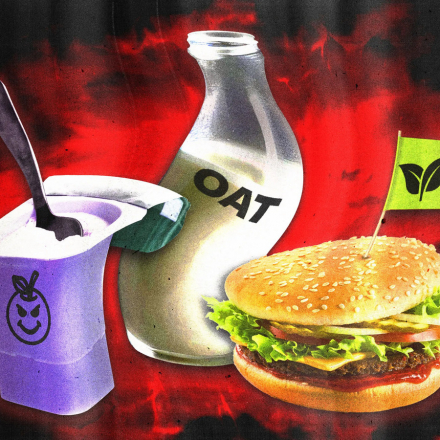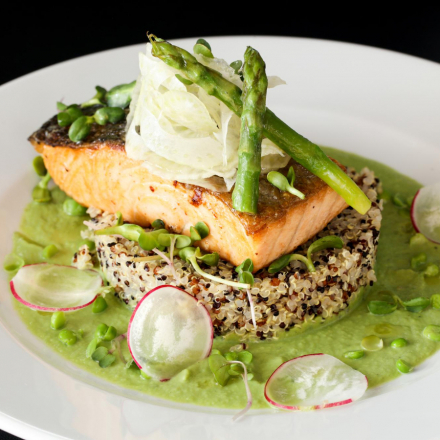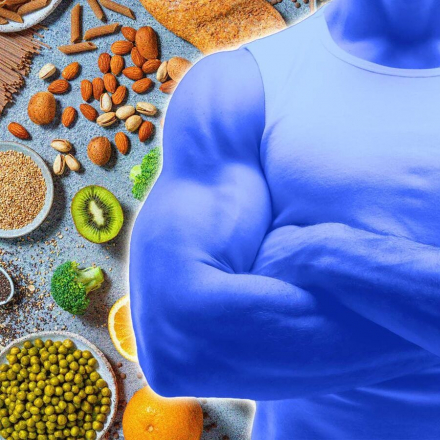If you've noticed that replacing pistachios with multivitamins has only made your apathy worse, it might be time to rethink your diet. Let's look at how to maintain health if you can't give up coffee, cigarettes, alcohol, or antibiotics.
Coffee
Even instant coffee has an anti-vitamin effect, particularly on vitamin B1. If you’re not planning to include sprouted wheat in your diet, there are more accessible alternatives. Try eating a few walnuts every day — they can help compensate for the lack of vitamin B1.
Cigarettes
Smoking decreases the absorption of vitamin C by 20–35% due to the action of nicotine. To counteract this, add ascorbic acid or sauerkraut to your diet. The latter retains vitamin C better than fresh vegetables and fruits. Another option is red bell pepper, which contains five times more vitamin C than oranges and lemons.
Alcohol
Regular alcohol consumption significantly reduces the level of vitamin B6, which is crucial for liver function. To compensate for this loss, include potatoes and tomatoes in your diet — these foods help restore vitamin B6 levels.
Antibiotics
Antibiotics disrupt the gut microbiome, affecting the synthesis of vitamins like vitamin K. To support your digestive health, add carrots (70–100 g per day) to your diet. They contain easily digestible fiber and lots of vitamin A. For better absorption of vitamin A, eat carrots with fats (like sour cream or mayonnaise). This also applies to vitamins D, E, and K, even if they are in pill form — wash them down with high-fat kefir.
Important Note
Remember, vitamins are not a cure-all. Excessive intake of certain elements can block the absorption of others and disrupt immunity. It’s recommended to take multivitamins in courses of 1–3 months with breaks. And, of course, don’t forget about a balanced diet in addition to vitamins.


















